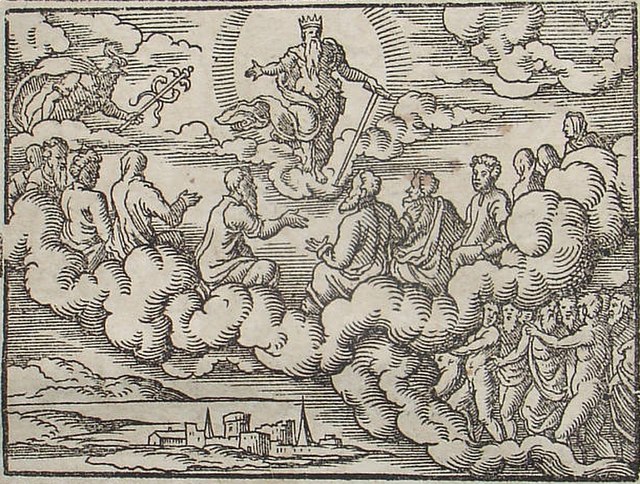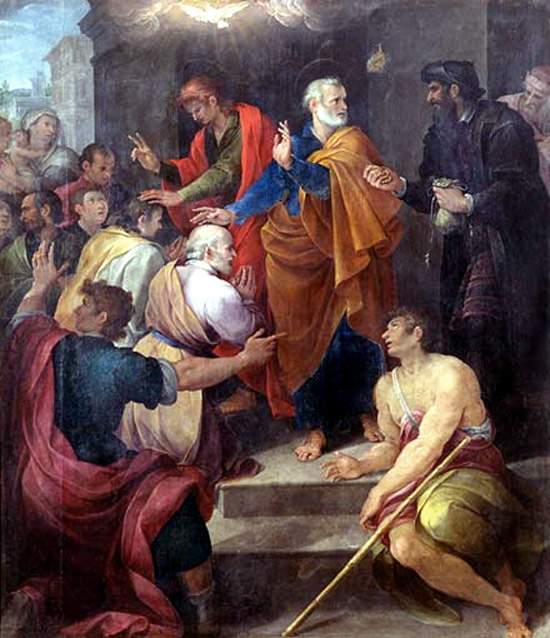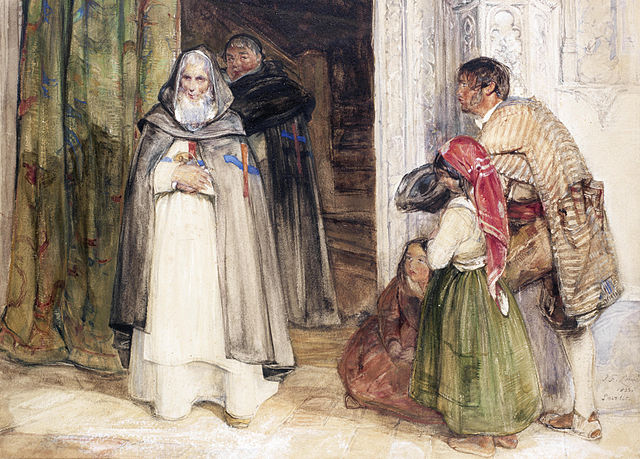Introduction
In the broad tapestry of Biblical texts, there exist a set of passages that speak of ‘sons of God’ in relation to the nations of the world. Interpreted variously throughout history, these texts, including Deuteronomy 32:8-9, Psalm 82, and references in the Book of Daniel, offer fascinating insights into ancient Israelite understanding of divine and human agency in world affairs.
The Divine Council and the Nations: Deuteronomy 32:8-9
Deuteronomy 32:8-9 is part of the ‘Song of Moses,’ a poetic narrative that encapsulates Israel’s history and relationship with God. The verses read, “When the Most High gave the nations their inheritance, when he divided all mankind, he set up boundaries for the peoples according to the number of the sons of God. But the Lord’s portion is his people, Jacob his allotted inheritance.”
Interpreted by many scholars in the context of an ancient Near Eastern worldview that envisioned a divine council, this passage suggests that God (‘the Most High’) allotted different nations to lesser divine beings or ‘sons of God.’ However, Israel was chosen as a special possession of YHWH (the Lord), underscoring the unique covenant relationship between God and Israel.
The Divine Assembly in Judgment: Psalm 82
Psalm 82 offers another glimpse into this divine council motif. The psalm depicts God standing in the divine assembly, passing judgment on the ‘gods’ or ‘sons of the Most High’ for their failure to maintain justice and righteousness among the nations under their care.
Verse 6 reads, “I said, ‘You are “gods”; you are all sons of the Most High.'” This suggests these ‘gods’ are part of the divine council, responsible for administering divine justice in their respective nations. The psalm concludes with a plea for God to rise and judge the earth, implicitly reasserting His sovereignty over all nations, regardless of their supposed divine patrons.
The Heavenly Princes: The Book of Daniel
The Book of Daniel offers additional, related imagery with the mention of ‘princes’ who seem to have some connection with particular nations. In Daniel 10:13, the angelic messenger sent to Daniel is said to have been resisted by the ‘prince of the Persian kingdom,’ and later references are made to the ‘prince of Greece’ (10:20) and Michael, ‘your prince’ and ‘the great prince who protects your people’ (10:21, 12:1).
These ‘princes’ appear to be heavenly or spiritual beings associated with specific nations, and they participate in spiritual conflicts that correspond with earthly events. This echoes the notion of divine administration over the nations as seen in Deuteronomy and Psalms.
Conclusion
The concept of ‘sons of God’ or heavenly beings associated with specific nations provides a fascinating lens through which to understand some aspects of ancient Israelite theology and their understanding of geopolitics. Far from being anachronistic mythological leftovers, these passages express a profound conviction that divine justice and righteousness should guide the affairs of nations, a principle with enduring relevance.
While interpretations of these passages vary, the central theme remains: God’s ultimate sovereignty over all nations. Despite the divisions of peoples and their apparent spiritual overseers, God remains the ultimate Judge, the supreme King who, according to the Biblical narrative, will eventually assert His justice over all the earth.
Discussion Questions
- How does the understanding of the ‘sons of God’ as divine beings associated with particular nations influence your perception of the Biblical worldview, particularly in relation to divine and human agency in world affairs?
- Considering these passages in Deuteronomy, Psalms, and Daniel, what implications do they carry for our understanding of God’s sovereignty and His concern for justice among the nations?
- The idea of spiritual beings associated with specific nations suggests a cosmic dimension to earthly events. How does this notion interact with your understanding of the interplay between the spiritual and the physical realms in the Biblical narrative?
Want to know more?
- “The Unseen Realm: Recovering the Supernatural Worldview of the Bible” by Michael S. Heiser: This book delves into the theme of the divine council in the Bible and offers a comprehensive overview of the ‘sons of God’ and their relationship with the nations. Heiser unpacks numerous Biblical passages to help readers understand the ancient Israelite supernatural worldview.
- “Gods and God: The Deities of Ancient Israel” by Michael S. Heiser: This is another insightful work by Heiser that further explores the divine council motif, the ‘sons of God,’ and their significance in the theological and cultural context of ancient Israel.
- “Demons: What the Bible Really Says About the Powers of Darkness” by Michael S. Heiser: While not directly focusing on the ‘sons of God,’ this book explores the broader Biblical portrayal of supernatural beings, including those associated with the nations in the Old Testament. It provides a broader context to understand these beings and their roles in the spiritual realm.




